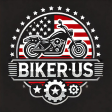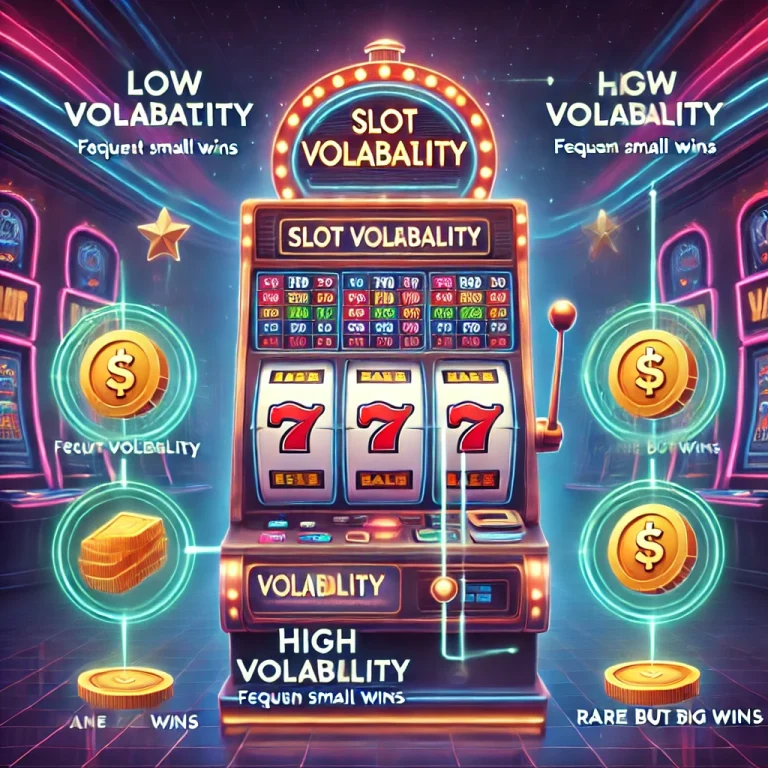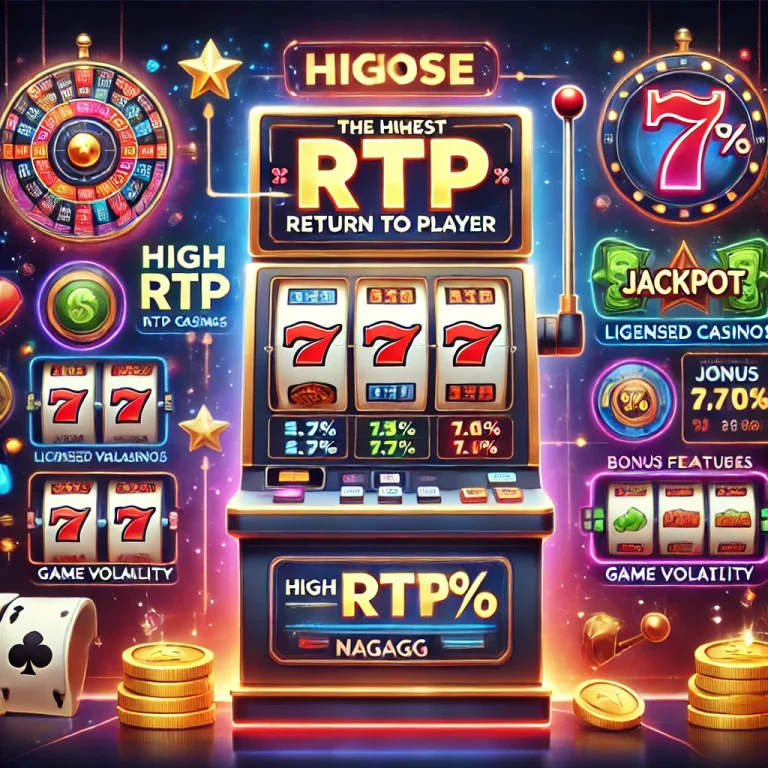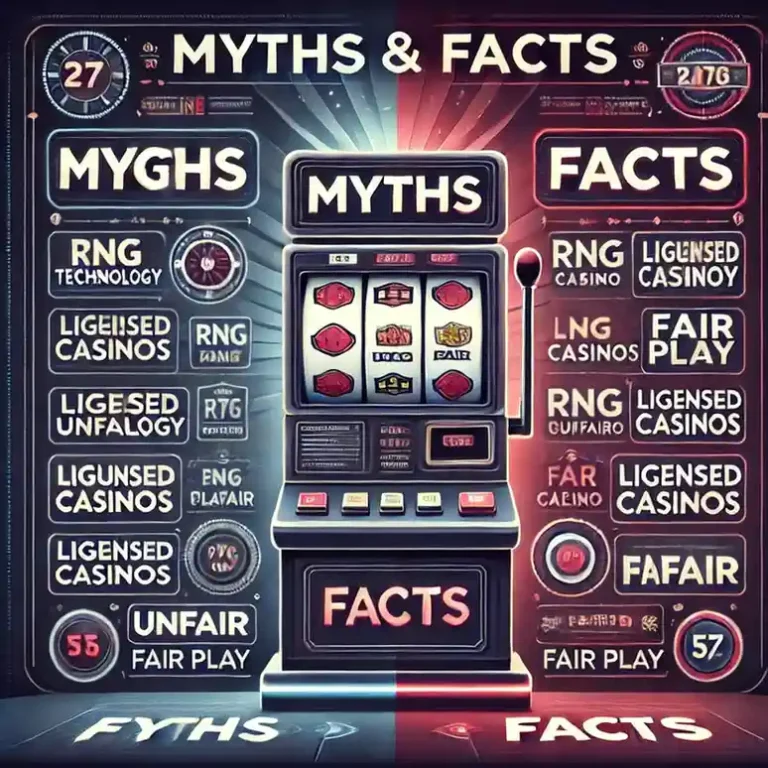The Hells Angels Motorcycle Club is arguably the most famous outlaw motorcycle club in the world. Known for their distinctive patches and rebellious lifestyle, the Hells Angels have become synonymous with outlaw biker culture. With a membership of approximately 2,500, they dominate territories across the United States, with their strongest presence in California. Their reputation spans from legal business dealings to long-standing criminal accusations, making them one of the most notorious motorcycle clubs in history.
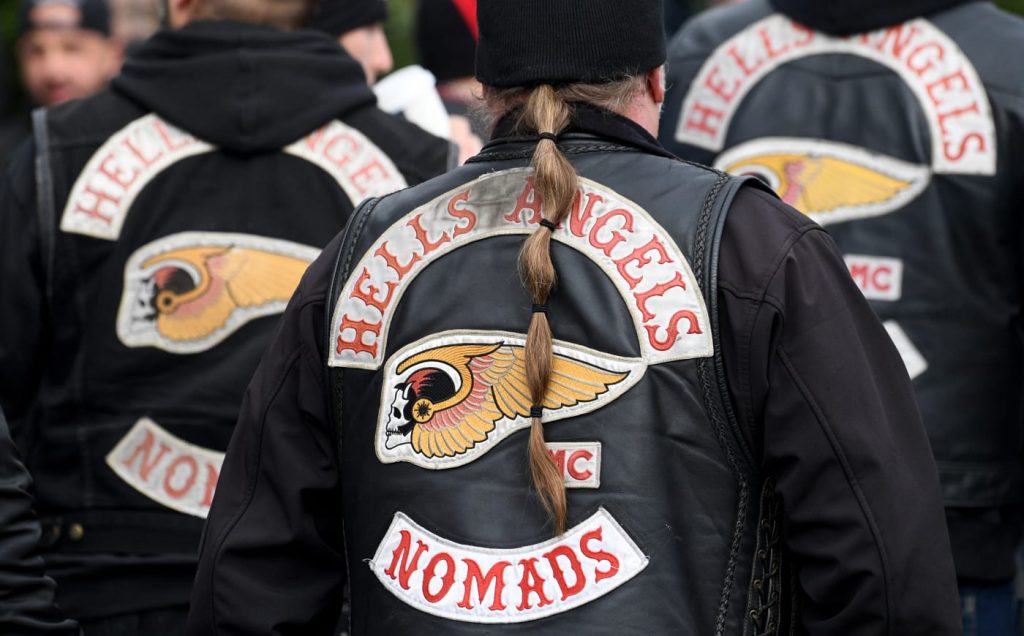
Origins and History
The Hells Angels were founded in 1948 in Fontana, California, by a group of post-World War II veterans who sought camaraderie and freedom on the open road. The club’s name and logo—a skull with wings, known as the “Death Head”—were inspired by a World War II bomber squadron.
Over the decades, the Hells Angels expanded rapidly, establishing chapters worldwide and becoming the best-known one-percenter motorcycle club.
Territory and Membership
The Hells Angels maintain a nationwide presence, but their influence is strongest in California, the club’s birthplace and cultural epicenter.
Territorial Reach
- United States: With chapters in nearly every state, the Hells Angels are a dominant force.
- International Reach: The club has established chapters in over 50 countries, solidifying its status as a global organization.
Membership
- Approximate Membership: Around 2,500 hardcore members.
- Members are fiercely loyal to the club and its values, making it one of the most tightly knit organizations in the motorcycle club world.
Legal and Illegal Activities
Legal Business Ventures
Despite their outlaw reputation, the Hells Angels are a legally incorporated entity in the United States and Canada.
- They are known to engage in legitimate business activities, including merchandising and legal action to protect their brand.
- For example, they have sued Hollywood productions, such as the movie Wild Hogs, for unauthorized use of their trademarks.
Criminal Accusations
The Hells Angels are widely accused of engaging in various illegal activities, including:
- Drug Trafficking: Large-scale operations involving methamphetamine, cocaine, and marijuana.
- Racketeering: Extortion, money laundering, and other organized crime activities.
- Violence: Known for violent altercations with rival clubs and law enforcement.
Feuds and Rivalries
The Hells Angels have a long history of feuds with other outlaw motorcycle clubs.
The Mongols
In Southern California, the Angels’ rivalry with the Mongols Motorcycle Club is one of the most intense in the motorcycle world. This feud stems from territorial disputes and historical tensions, as the Mongols were founded by bikers excluded from the Angels due to their race.
The Outlaws
The Hells Angels’ rivalry with the Outlaws Motorcycle Club is another high-profile conflict. Clashes along the Canadian border and in the Midwest have escalated into violence, with both clubs vying for control of key territories.
Legacy and Influence
The Hells Angels Motorcycle Club remains the most iconic name in motorcycle culture. Their logo and lifestyle have become cultural symbols of rebellion, appearing in movies, music, and literature.
Despite their criminal accusations, the Hells Angels are also admired for their loyalty, brotherhood, and commitment to their members. They continue to thrive as a global organization, representing the quintessential one-percenter motorcycle club.
Conclusion
The Hells Angels Motorcycle Club is more than just a motorcycle group; it’s a global phenomenon. With their roots in California, their widespread influence, and their notoriety for both legal and illegal activities, the Hells Angels have shaped the world’s perception of outlaw motorcycle clubs.
Their feuds with rival clubs like the Mongols and Outlaws only add to their mystique, solidifying their place as the most recognized one-percenter club in the world.
For more insights into motorcycle clubs, explore related articles on the Mongols, Outlaws, and Bandidos, all of which have compelling histories and legacies.
